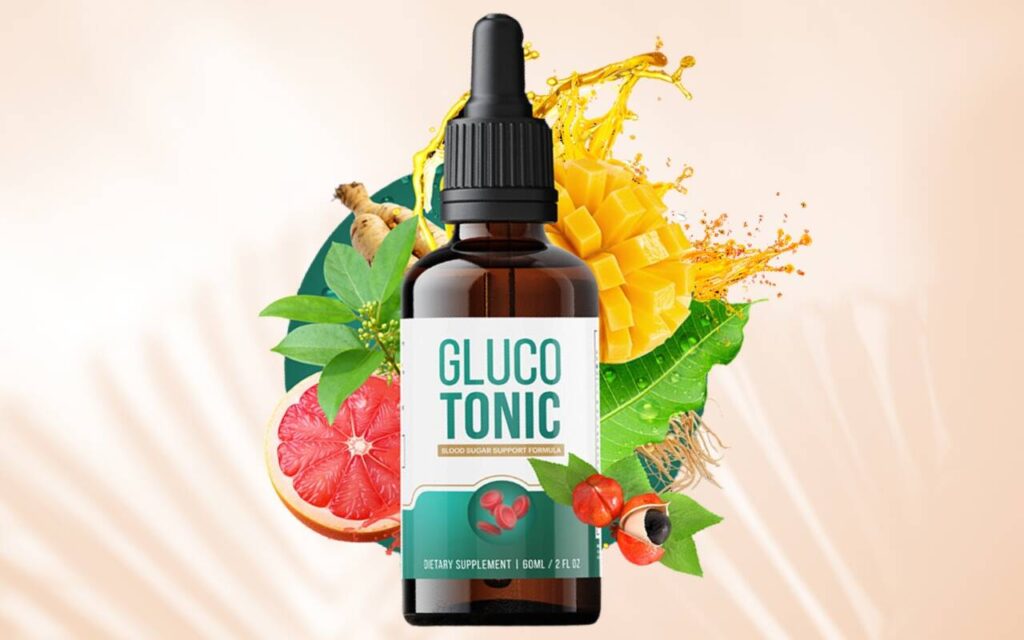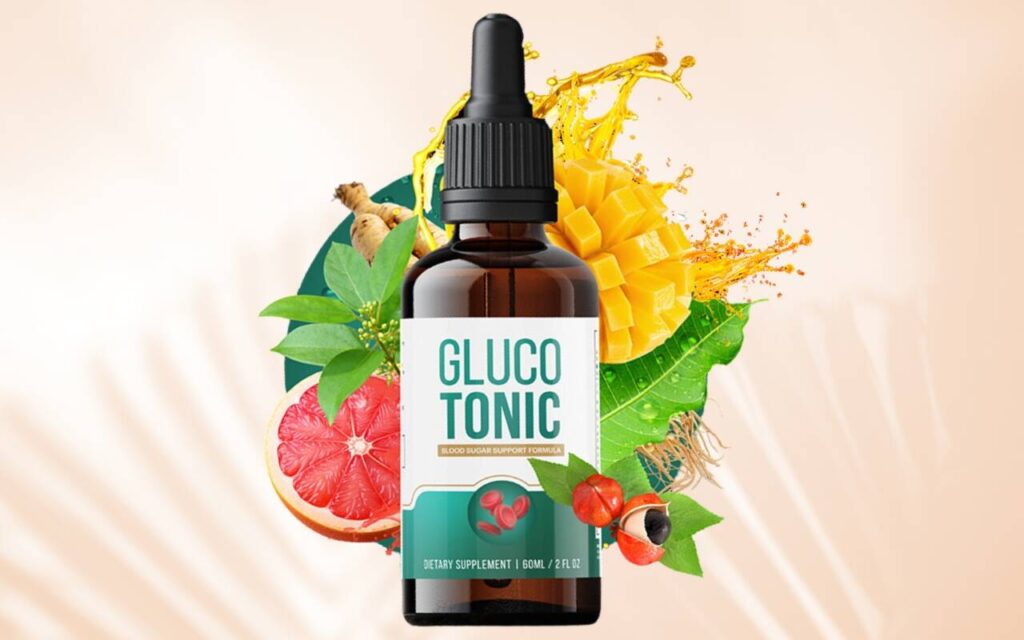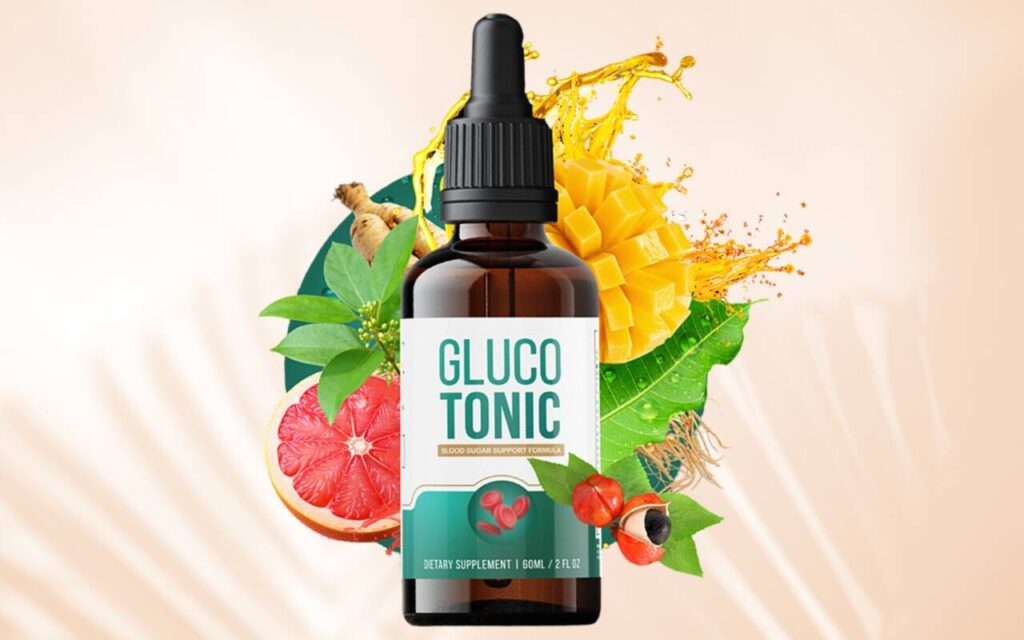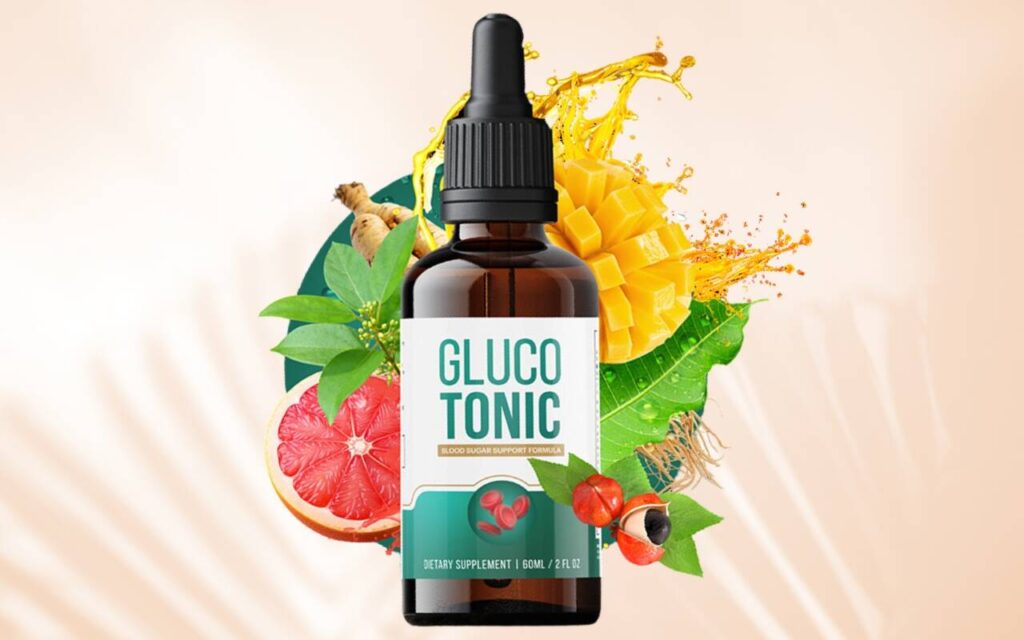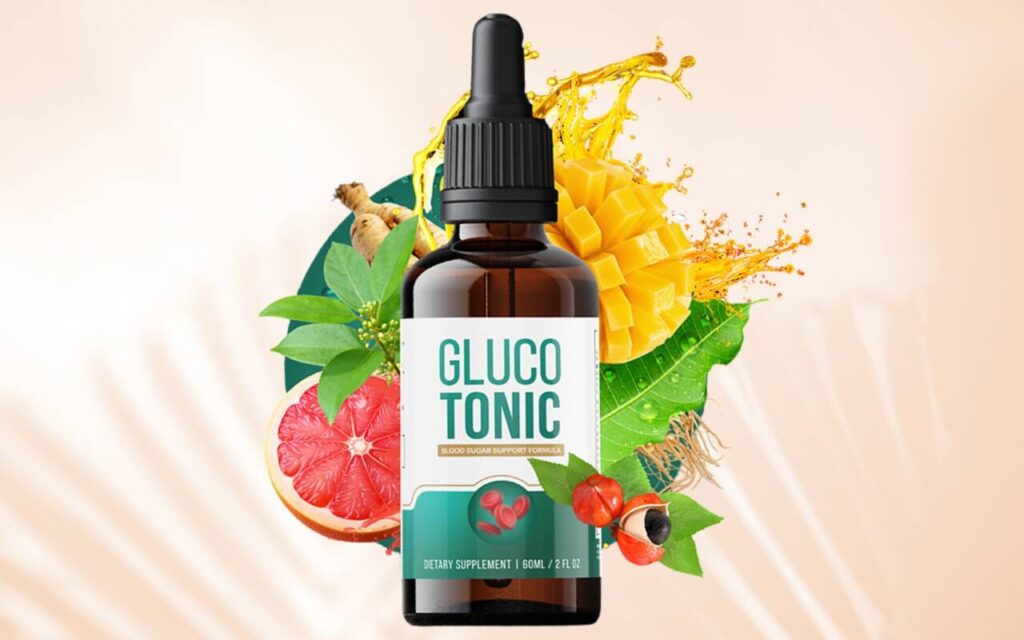Regulates Blood Sugar Nutrition: A Comprehensive Guide to Managing Glucose Levels
Maintaining healthy blood sugar levels is crucial for overall well-being, especially for individuals with diabetes or prediabetes. Nutrition plays a pivotal role in regulates blood sugar, helping to prevent spikes and crashes that can lead to long-term complications. This article explores the best dietary strategies, including foods, beverages, and lifestyle adjustments, to help you manage glucose levels effectively. We’ll also answer pressing questions like what to drink to lower blood sugar immediately and how to reduce blood sugar level immediately in emergency situations.
Understanding Blood Sugar Regulation
Before diving into solutions, it’s essential to understand how blood sugar works. Glucose, derived from the carbohydrates we consume, serves as the body’s primary energy source. The hormone insulin, produced by the pancreas, helps cells absorb glucose for energy or storage. When this system malfunctions—due to insulin resistance or insufficient insulin production—blood sugar levels can rise dangerously.
Key Factors That Influence Blood Sugar
- Carbohydrate Intake: Simple carbs (e.g., sugar, white bread) cause rapid spikes, while complex carbs (e.g., whole grains, vegetables) digest slowly.
- Fiber Content: Slows glucose absorption, stabilizing levels.
- Protein and Healthy Fats: Help mitigate carb-induced spikes.
- Hydration: Dehydration can concentrate blood sugar.
- Physical Activity: Exercise increases insulin sensitivity.
Foods That Naturally Regulate Blood Sugar
Incorporating the right foods into your diet can help maintain steady glucose levels. Here are some top choices:
1. Non-Starchy Vegetables
- Leafy greens (spinach, kale)
- Broccoli, cauliflower, and Brussels sprouts
- These are low in carbs and high in fiber.
2. Whole Grains
- Quinoa, oats, and barley
- Rich in fiber, they prevent rapid glucose spikes.
3. Lean Proteins
- Chicken, turkey, tofu, and legumes
- Protein slows digestion, reducing post-meal sugar surges.
4. Healthy Fats
- Avocados, nuts, seeds, and olive oil
- Fats help stabilize blood sugar by slowing carb absorption.
5. Low-Glycemic Fruits
- Berries, apples, and pears
- These fruits have a minimal impact on blood sugar compared to high-sugar options like bananas or mangoes.
What to Drink to Lower Blood Sugar Immediately
Certain beverages can help reduce blood sugar level immediately in urgent situations. Here are the most effective options:
1. Water
- Dehydration elevates blood sugar. Drinking water dilutes glucose and supports kidney function.
2. Apple Cider Vinegar (ACV) Drink
- Mix 1-2 tablespoons of ACV in a glass of water.
- Studies suggest ACV improves insulin sensitivity post-meal.
3. Herbal Teas
- Cinnamon tea: Contains compounds that mimic insulin.
- Green tea: Rich in antioxidants that enhance glucose metabolism.
4. Lemon Water
- Adds flavor without sugar and may slow carb digestion.
5. Vegetable Juice (Low-Sodium)
- Opt for homemade green juices (spinach, cucumber, celery) to avoid added sugars.
Avoid sugary sodas, fruit juices, and energy drinks, as they cause rapid spikes.
How to Reduce Blood Sugar Level Immediately
If your blood sugar is dangerously high, take these steps to lower it quickly:
1. Engage in Physical Activity
- A brisk 15-30 minute walk can help muscles absorb glucose.
- Avoid intense exercise if levels exceed 250 mg/dL (risk of ketoacidosis).
2. Hydrate Aggressively
- Water flushes excess sugar through urine.
3. Consume High-Fiber Snacks
- A handful of nuts or seeds can slow glucose absorption.
4. Monitor and Adjust Medication (If Prescribed)
- Consult your doctor before making changes to insulin or other meds.
Long-Term Strategies for Blood Sugar Control
While quick fixes are useful, sustainable habits are key to lasting glucose management.
1. Adopt a Balanced Diet
- Follow the plate method: ½ non-starchy veggies, ¼ lean protein, ¼ whole grains.
2. Prioritize Sleep
- Poor sleep disrupts insulin sensitivity.
3. Manage Stress
- Cortisol raises blood sugar; practice yoga, meditation, or deep breathing.
4. Regular Monitoring
- Use a glucometer to track trends and adjust habits accordingly.
Conclusion
Effectively regulating blood sugar requires a combination of smart nutrition, hydration, and lifestyle choices. By incorporating blood sugar-friendly foods, knowing what to drink to lower blood sugar immediately, and understanding how to reduce blood sugar level immediately, you can take control of your metabolic health. Always consult a healthcare provider for personalized advice, especially if you have diabetes or other underlying conditions.
Remember: Consistency is the cornerstone of long-term blood sugar management. Small, sustainable changes yield the best results.
Frequently Asked Questions
FAQ
1. What foods help regulate blood sugar levels?
Foods rich in fiber, protein, and healthy fats—such as leafy greens, nuts, whole grains, and lean proteins—can help stabilize blood sugar.
2. How does fiber impact blood sugar regulation?
Fiber slows digestion, preventing rapid spikes in blood sugar by promoting a gradual release of glucose into the bloodstream.
3. Can drinking water affect blood sugar levels?
Yes, staying hydrated helps kidneys flush out excess sugar through urine and may improve insulin sensitivity.
4. Are there specific nutrients that support blood sugar control?
Magnesium, chromium, and omega-3 fatty acids are key nutrients that aid insulin function and blood sugar management.

